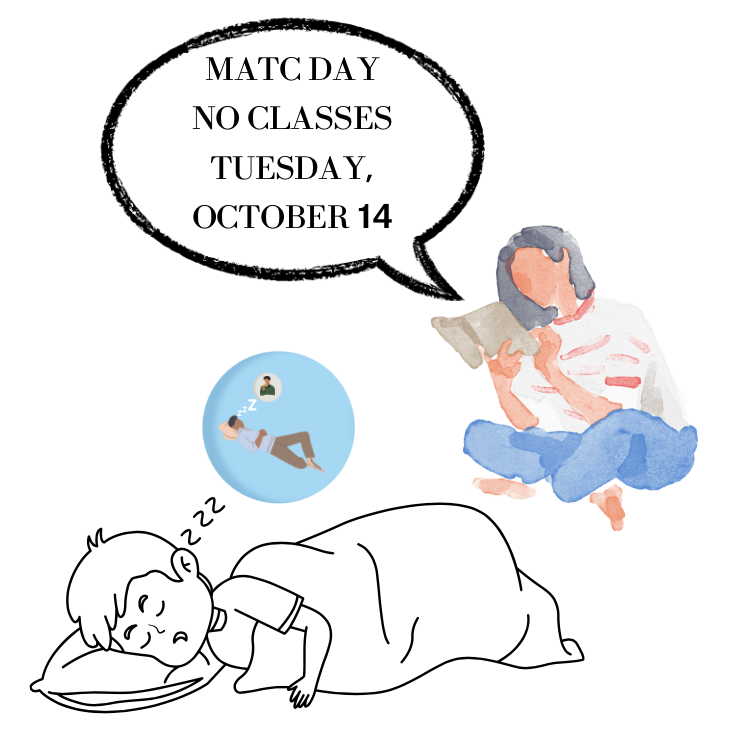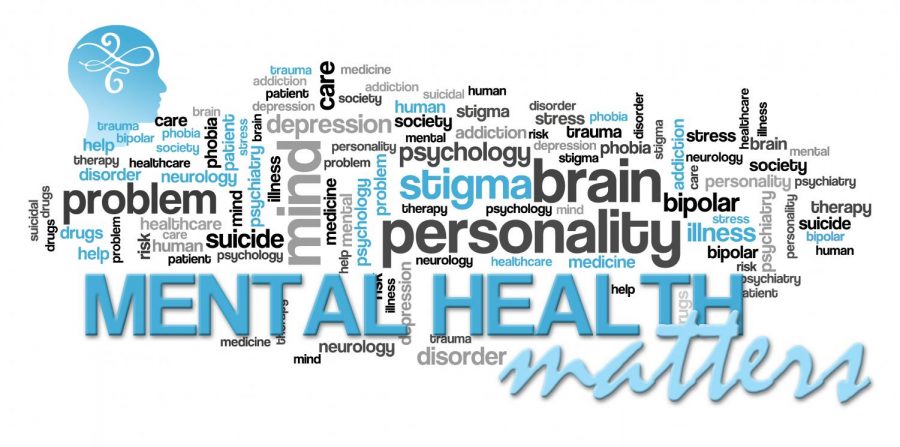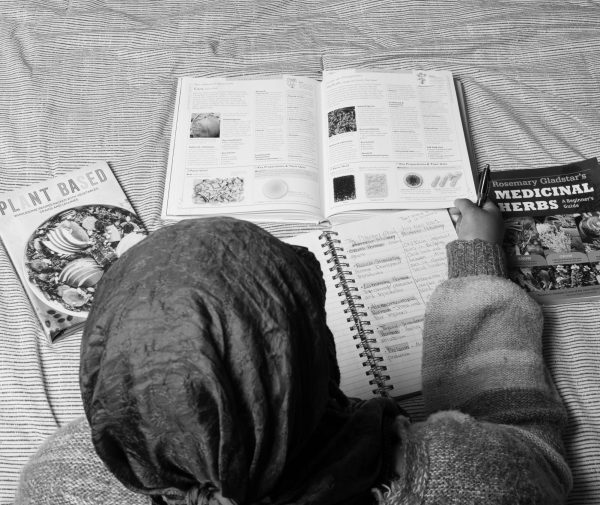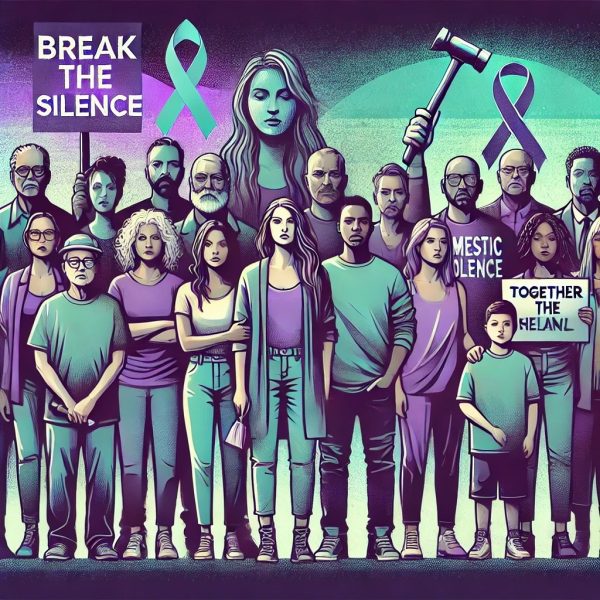Mental Health Matters
Column
How to help manage stress
To say that we are living through stressful times is an understatement. The COVID-19 pandemic coupled with ongoing racial injustice would be enough alone to attribute the significant rise in mental health symptoms people are experiencing right now; add political turmoil and the upcoming election, and we have an amalgam of stressors unlikely to leave anyone untouched. So, how do we cope, as students, workers, caregivers, family, and community members?
Thankfully, there are things we can all do to help manage stress, even at present levels. The following suggestions are all actions people can take that may help significantly with reducing stress and anxiety.
- Exercise: Regular moderate exercise is one of the most effective ways to reduce overall levels of anxiety, but even brief, one-shot periods of physical activity can help when you’re feeling stressed. Try a short walk, some yoga, jumping jacks, dancing–anything to get your body moving for a few minutes. This will help your nervous system “reset” and reduce your body’s output of stress hormones.
- Rhythmic breathing: Search “square breathing” or “box breathing” on the internet to find instructions for this simple technique that also helps calm the nervous system.
- Limit media consumption: Constant exposure to negative and stress-inducing stories and images can trigger feelings of anxiety, anger, sadness, and even hopelessness that may become overwhelming. Set aside a specific time to get your daily news update, then don’t check again (if possible) until the following day. It’s also okay to skip watching charged events such as political debates–you can always get the highlights later.
- Connect with supportive friends and loved ones: Even if you can’t get together in person, make sure you have some positive social contact. Calling, texting, and videoconferencing with people you care about can help reduce stress levels.
- Turn frustrations into action: Vote, keep a journal, make art, help a neighbor, give to a charity, or volunteer your time if you can.
- Don’t judge your feelings: However you feel about all of the challenges you and others are going through right now–anxious, sad, stressed, confused, exhausted, overwhelmed, angry, etc.–is normal. Expect to have some negative feelings, and know that there is nothing “wrong” with you because of them.
- Get enough sleep: Lack of sleep can result in poor concentration, low energy, irritability, and difficulty with problem-solving. Establish a regular sleep time, reduce distractions such as light and noise, and avoid alcohol and caffeine late in the day.
- Be aware of your use of alcohol or other substances: Substances can “numb” feelings of stress but also cause bigger problems. Moderation is key, and help is available if you feel your substance use is getting out of control or are concerned about someone else’s use.
- Know when to get help: If your stress levels start interfering with your day-to-day activities, relationships, or physical health, it’s probably time to seek professional support. MATC offers free, short-term, solution-focused mental health counseling services to all students, and also makes referrals to community-based agencies. MATC faculty and staff can access mental health support through Advocate Aurora EAP (aah.org/eap or 800-236-3231).
If you are concerned about your own or someone else’s immediate safety, call 911. Students who are interested in supportive Counseling services can contact us directly at [email protected].




































































